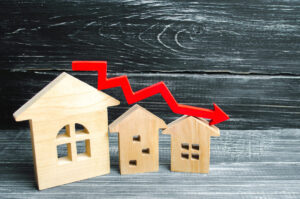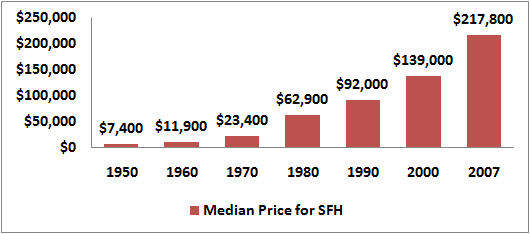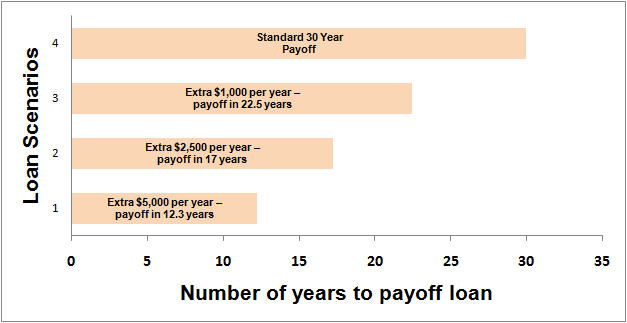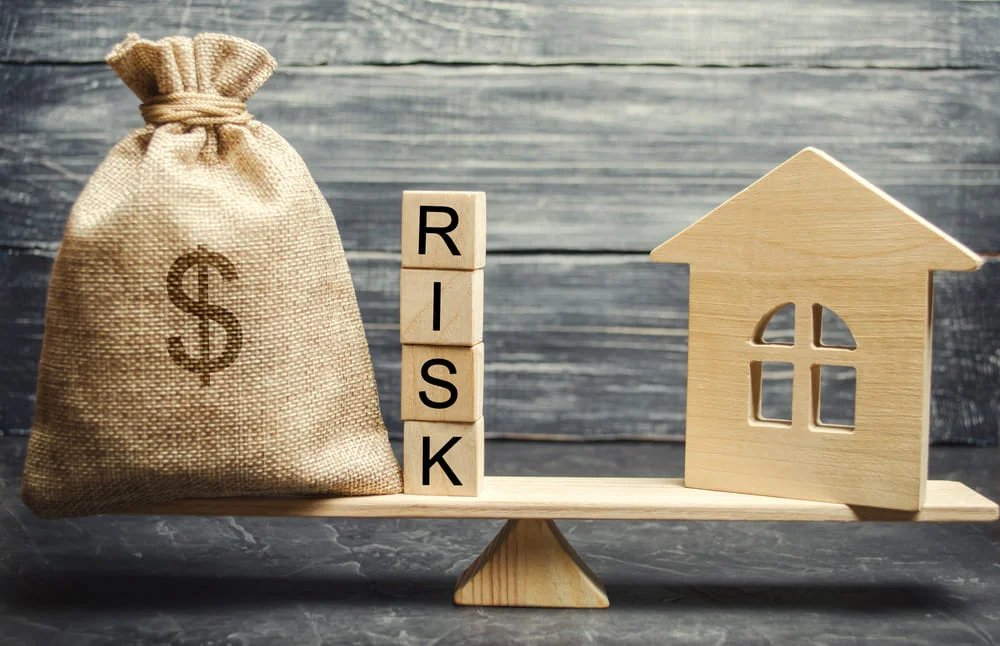In 2024, the real estate market faces an uncertain future. Will home prices finally stabilize after years of rapid growth? Here are the latest trends. While there are varying opinions on the exact trajectory of the US real estate market, the general consensus seems to be leaning towards a stabilization of prices in 2024. This could present opportunities for investors and relief for potential homeowners.
Real Estate Outlook 2024
According to a comprehensive report by CBRE, there is an increased chance that the US will avoid a recession and achieve a soft economic landing in 2024.
This optimistic scenario suggests that while economic growth will slow, downside risks are elevated, and commercial real estate investment activity is likely to pick up in the second half of the year. The report also highlights that the normalization of hybrid working arrangements will continue to limit the growth of office demand, and the biggest wave of new apartment supply in decades will temper rent growth and improve affordability for renters.
Some experts provide a more cautious outlook, indicating that the housing market will continue to face the dual affordability constraints of high home prices and elevated interest rates in 2024. They forecast an increase in home sales transactions compared to the previous year, but also anticipate a slower rise in home prices. The regional variation will play a significant role in how prices fluctuate, with local market supply being a determining factor.
Zillow's forecast aligns with the notion of a stabilizing market, predicting a modest 0.2% decrease in home values nationally, which indicates a trend towards stability. This projection is supported by the S&P CoreLogic Case-Shiller Home Price Index, which noted a decline in US home prices for consecutive months, yet an overall annual increase.
DWS shares a positive long-term perspective, believing that 2024 will mark a turning point for US real estate, as easing financial conditions offset a soft patch for fundamentals. They suggest that lower prices are pushing income returns to their highest level in more than a decade, which could signal a bright future beyond 2024.
Real Estate Outlook 2025
As we move further into the decade, the question of whether real estate prices will stabilize in 2025 is on the minds of many. The real estate market is notoriously difficult to predict, influenced by a myriad of factors including economic policies, market trends, and global events. However, based on current analyses and expert predictions, we can piece together a potential outlook for the US real estate market in 2025.
We echo the sentiment of a strong market in the coming years, with a slower pace in the rise of home prices. The supply of homes for sale is expected to increase, which could help balance the market and contribute to price stabilization. Additionally, mortgage rates are projected to decline, potentially spurring more home sales and contributing to market stability.
A report from U.S. News suggests a gradual thaw in the market with added challenges. After a significant low in 2023, existing home sales are expected to rebound as mortgage rates decline. This could lead to a stabilization of home prices, especially if the supply of homes increases as anticipated. The report also indicates that rents are likely to stabilize and track inflation rates more closely, providing some relief to renters.
The Mortgage Reports also weigh in, forecasting that home values will continue their upward trajectory, albeit at a more moderate rate of appreciation. This could indicate a market that is stabilizing, with less dramatic price increases than in previous years.
In summary, while the future is never certain, the consensus among experts points towards a stabilization of the US real estate market in 2025. The anticipated increase in home supply, coupled with declining mortgage rates and a gradual correction of home prices, suggests a market that is settling into a new normal.
However, it's important to note that these predictions are subject to change based on economic developments and policy decisions. As always, individuals should conduct thorough research and consult with financial advisors before making significant real estate decisions.







 Real estate investment isn't like any other kind of investment. Yes, at the core of all investments, there's money and risk involved. But the major difference is that in real estate investing, you are responsible for the work required to make a return on your investment. If you want to be successful in real estate investing, there are some key pieces of information you need to know. This information holds true no matter what area of investing you get involved with.
Real estate investment isn't like any other kind of investment. Yes, at the core of all investments, there's money and risk involved. But the major difference is that in real estate investing, you are responsible for the work required to make a return on your investment. If you want to be successful in real estate investing, there are some key pieces of information you need to know. This information holds true no matter what area of investing you get involved with.
 As a general rule, 5 to 6 months of inventory is considered to be a normal or balanced market. Over 6 months of inventory and we have a buyer’s market. If it is less than 5 months and we have a seller’s market. The smaller the available inventory, the tighter the market is. Keep in mind that these are simply guidelines and will differ from market to market.
As a general rule, 5 to 6 months of inventory is considered to be a normal or balanced market. Over 6 months of inventory and we have a buyer’s market. If it is less than 5 months and we have a seller’s market. The smaller the available inventory, the tighter the market is. Keep in mind that these are simply guidelines and will differ from market to market. How To Become A Landlord
How To Become A Landlord